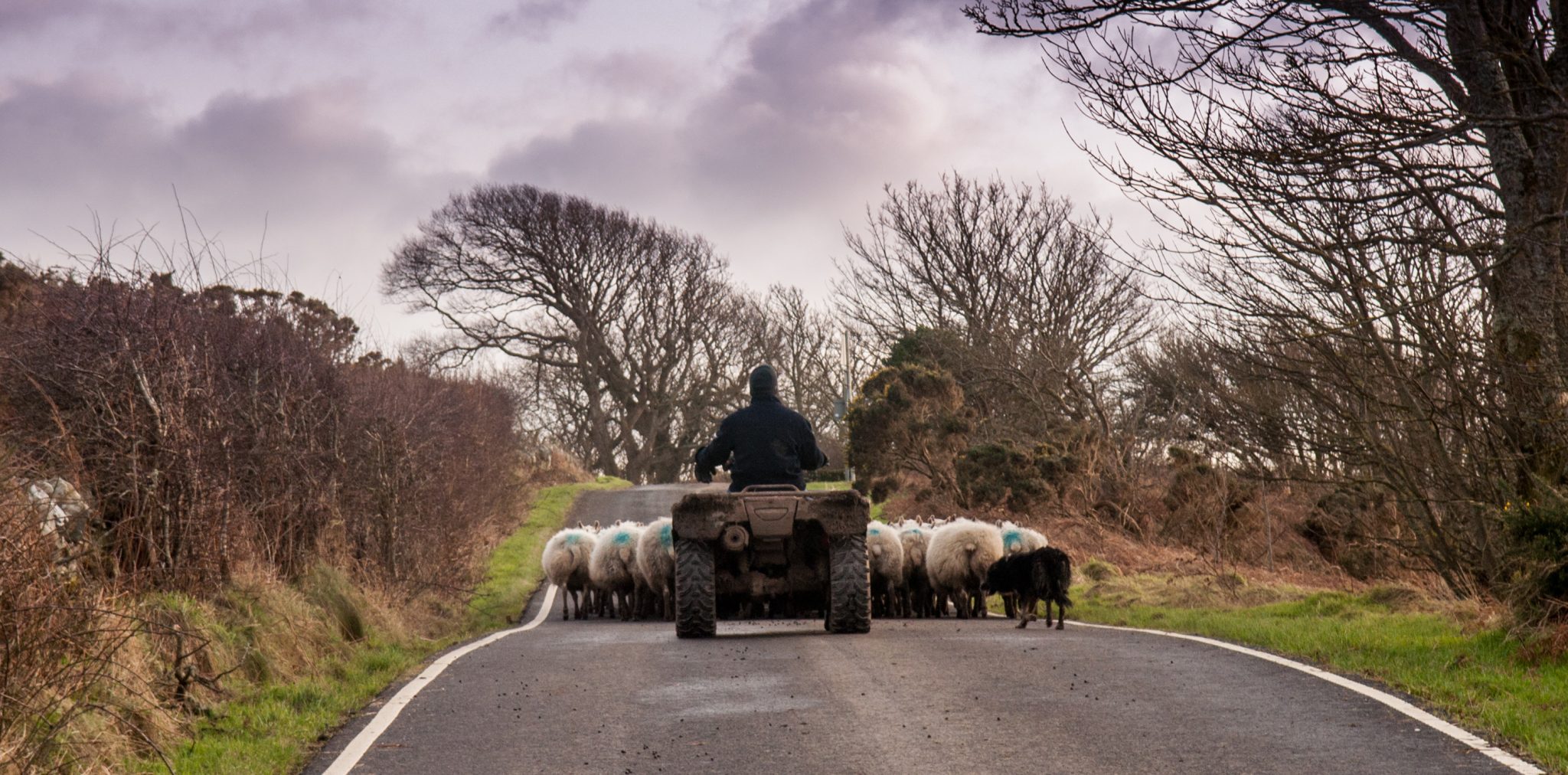Community Impact Index: How co-ops are giving back 12% to communities
Almost 12% of a co-operative’s profit is given back to communities, according to this year’s Community Impact Index. The Index, compiled by Co-op News, showed that in the 2016-17 financial year, some of the UK’s top retail co-ops gave over £5.7m to communities, or 11.86% of profits (£48.4m).
This is in comparison to its retail rivals, who reported the equivalent of 5.9% of its profits being given to communities. During the same financial period, Asda, Marks and Spencer, Morrisons, Sainsbury’s and Tesco reported a collective community investment of £165.2m, on a profit of £2.8bn.
Looking at turnover, co-ops gave 0.18% of revenue (£3.2bn), while the retail movement’s competitors donated 0.14% (£115bn). In real monetary terms, the privately owned retailers need to give an extra £47.2m to match the 0.18% of revenue distribution from the co-op sector. The co-op figures have slightly risen on last year’s result of 10.81%, while the amount donated by competitors has also increased from 4.56%.
Taking steps to meet the long-term needs of refugees
Upon entering Europe, asylum seekers face significant barriers when looking for a job, according to the European Commission. Countries need to take swift action to integrate refugees into communities, says the Commission, by providing education and training to ensure they have a chance in the job market.
Research suggests that early and active labour market participation is a key aspect of the integration process. One of the answers to this call for action has come from a group of socially responsible businesses.
In particular, co-op businesses in Italy and Greece have been responsible for helping refugees to be self-sustaining. In Italy, social co-ops provide 18,000 refugees, asylum seekers and migrants with services and projects in 220 welcome centres and 170 housing structures.
One of them is Camelot, a social co-operative in Bologna, Ferrara and Ravenna, which offers mentoring, Italian language classes, training courses and internships. Since 2001 the co-op has been working with the public administration to provide information, advice and assistance services concerning migration to Italian and foreign citizens. Camelot runs a series of projects including Vesta, which offers Bologna residents the chance to host
young refugees.

Co-ops and sustainable tourism
Every year, over one billion international tourists pack their bags to go on holiday, creating millions of jobs and investment for national and local economies. How are co-ops making a difference?
A co-op initiative is Cooproute – a travel itinerary that maps the rich field of cultural and industrial co-operative tourism in various European countries. Aimed particularly at young people, the route highlights important destinations illustrating the history of co-operative culture and values, from artisan co-ops producing traditional textiles to iconic locations such as the Rochdale Pioneers Museum on Toad Lane.
Midcounties Co-op supports sustainable tourism through the travel branches it operates. Alisdair Rowland, group manager for travel services, said: “We do a lot of work with the Travel Foundation charity, which in the last 10 years has raised over £10m for sustainable tourism. We support it in a number of ways. For instance, through support of many of the projects they carry out across the world, through advice on business growth, for example.”
The time is now for ethical advertising
Co-operatives have an opportunity to be innovative leaders in corporate social responsibility (CSR). Over the past year, a spotlight has been shone on issues that should be of concern to co-operatives, providing the impetus to once again break new ground in CSR.
As recession and austerity gave rise to the CSR issues of fair tax and a living wage, today, fake news, post-truth politics and an increase in xenophobia and racism are setting the scene for another big emerging CSR issue: ethical advertising.
True to its values, the co-operative movement has played a vital role in the Fair Tax campaign in recent years. It should now do the same thing for the Stop Funding Hate campaign, which is calling on advertisers to avoid the Daily Mail, Daily Express and the Sun; three publications specifically criticised by the United Nations.
Austerity and the rise of co-op councils
What is the Co-operative Councils’ Innovation Network (CCIN)? It brings together 22 local authorities to devise responses to central government austerity – and the list is growing all the time.
Whatever the demographic differences between member authorities, they share a common aim – to provide a national voice for co-operative-inspired councils and share experience and best practice.
The plan is to build an equal partnership with local people in a bid to lead national debate and policy on the future of public services, local democracy
and communities.
The network is open to all UK councils – regardless of political affiliation – who can demonstrate innovation and a willingness to drive forward the co-operative council agenda. It also welcomes affiliate members from professional bodies, policy groups and other associations.

Farmers face the future – how can co-ops help?
What are the benefits of the co-op model in agriculture?
• Control over crucial parts of the supply chain
• Cost savings through economies of scale
• Tax efficiency through ‘mutual trading status’
• Sharing knowledge and best practice
James Graham, chief executive of the Scottish Agricultural Association, said: “Farmers co-operate to gain scale advantages not available to an individual farmer – be that buying, selling, or taking a stake or ownership in other parts of the supply chain to cut out intermediaries – and co-operate to pool resources and risks.
“The more concentrated supply chains become, the more necessary it is for farmers to react to strengthen their position to satisfy markets and retain some negotiating leverage. The more volatile the world market becomes, the more farmers need to act to increase their resilience.”

Which are the world’s most co-operatively minded countries?
According to a new index, Brazil takes the crown – with Norway, Uruguay and Canada not far behind. The index, developed by Tom Crompton at Common Cause Foundation for Co-operatives UK, shows the importance people around the world place on co-operative values.
Common Cause’s work is based on a values model created by social psychologist Professor Shalom Schwartz, which has been studied extensively in a way that co-op values haven’t. It was found that two of Schwartz’s value groups – ‘universalism’ and ‘benevolence’ – could be used as a proxy for co-operative values, including those of ‘self-help’, ‘equality’ and ‘openness’.
“With this, we were able to interrogate the European Social Survey and World Values Surveys and look at the prevalence of co-operative values worldwide,” said Ed Mayo of Co-operatives UK.
“By comparing results for countries, subtracting for each a balancing factor of the more individual dimensions of ‘power’ and ‘achievement’ values, we could derive a Co-operative Values Score (CVS).”
Common Cause Foundation looked at data for – and ranked – 88 countries. The highest score was found in Brazil, which achieved a CVS of 2.19. Norway followed (2.06), then Uruguay (2.02) and Canada (1.93). Spain, Finland, Argentina, Iceland, France and Great Britain make up the top 10.
How are co-ops and credit unions working with junior members?
With the removal of a prescriptive statutory minimum age for co-operative membership in 2012, co-ops can now sign up members below 16 years of age – but while this means legislation no longer prevents co-operatives from having junior members, some societies have kept the age requirement in their rulebooks.
Lincolnshire Co-op has engaged with young people for 20 years through two clubs, Kool Kidz and Activate, before launching its junior membership scheme in October 2015. Now children aged 5-15 can become junior members, receiving their own membership number that they keep for life.
A list of other co-ops that accept under 16s as members:
- The Co-operative Group
- Central England
- Midcounties
- Scotmid
• More from 2017 at 2017 In Review